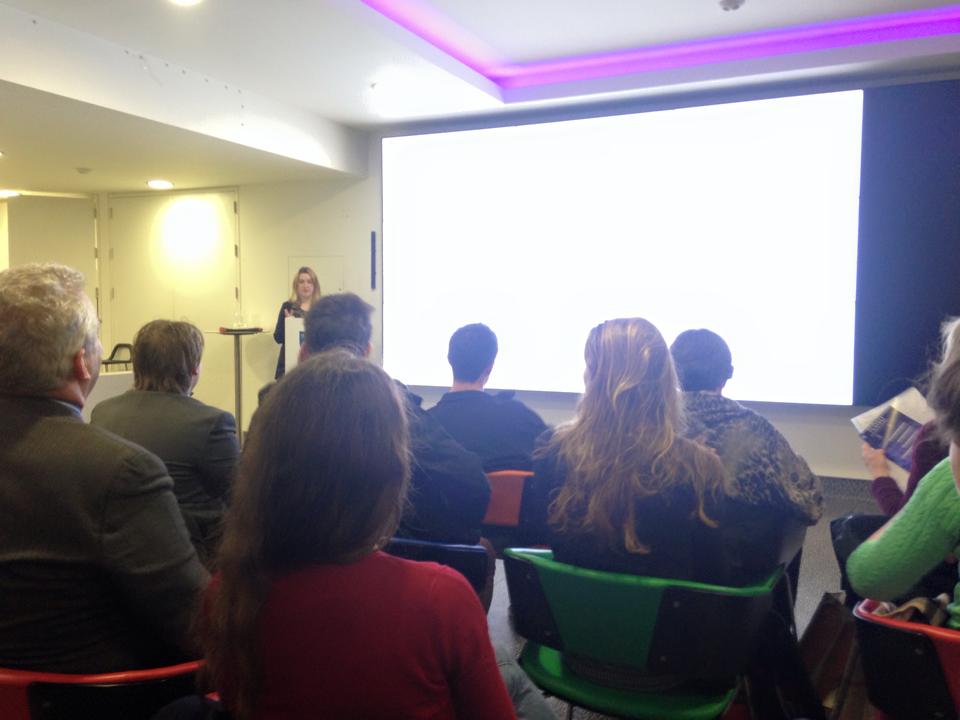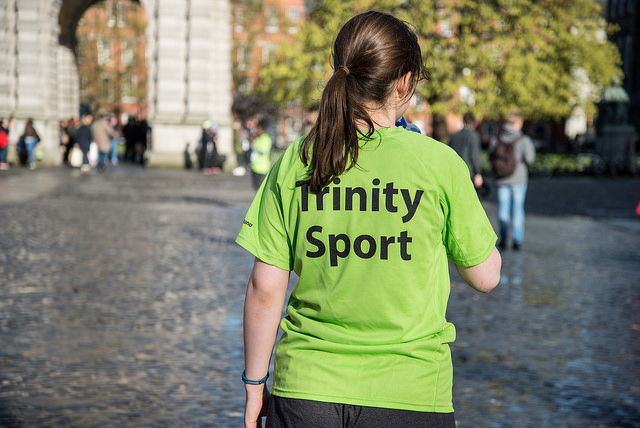Aine O’Connell | Staff Writer
The results of the Trinity College Student’s Union (TCDSU) survey on sexual consent were launched this afternoon in the college’s Global Room. Speakers present included Chief Executive of the Rape Crisis Centre Ellen O’Malley, Margaret O’Malley of Women’s Aid and Clare Laudet, Senior Tutor.
Opening the launch, Gender Equality Officer Aoife O’Brien said that “this is an issue people care about and want to talk about” within the College community. She briefly outlined the main findings of the survey, which had 1,038 respondents. 25.2% of female students have reported as having had a “non-consensual sexual experience”, with 4.5% of men responding the same. 41.7% of women have experienced verbal harassment while studying at TCD, compared to 7.2% of men. Ellen O’Malley of the RCC stated that this was “sadly reflective of what’s been happening in universities across the world” and highlighted the importance of educating men and women on the issues of sexual assault and violence.
The TCDSU survey also addressed obsessive behaviour, with 8.3% of women and 6.8% of men saying that they had been subject to this. Margaret Martin of Women’s Aid praised TCDSU for addressing this — half of reported cases of stalking have involved a partner or ex-partner. Ireland’s statistics on stalking are higher than the European average, according to Martin, who identified stalking as a rising problem, partly due to social media. All speakers addressed the need for further support and education on the issues raised at the launch. Senior Tutor Clare Laudet noted that the 2013 campaign was “not enough” and that college and the Student’s Union had to work together to change the mindset of many Irish students. 30.9% of female students surveyed had heard about sexual consent campaigns at TCD compared to 32% of men. Laudet praised this as a “very good result” given that half of the student body had graduated since the “Don’t be that Guy” campaign in 2013. Nonetheless, she highlighted the importance of a discussion around this issue.
“We live in a culture that is about victim blaming”, said Martin at the launch. Many students present at the launch that spoke to The University Times echoed this sentiment. Lynne Ruane, TCDSU Student Parents’ Officer, spoke about the need to educate women regarding this victim blaming. “It’s not your fault if something happens”, she said, “but you have to be able to protect yourself”. Ruane praised the survey but mentioned the need for a “narrower, more comprehensive” survey, taking into account student’s sexualities and where assaults take place most commonly.
The definitions of consent and assault were also discussed at the launch. The upcoming sexual offences bill drafted for the Dáil contains no strict definition of consent; SU President Domhnall McGlacken-Byrne and Ellen O’Malley both called for a clear description of what these words mean.
Muireann Montague, QSoc Liaison Officer, also spoke to The University Times about her interest in this topic. She criticised the lack of support systems for assault victims in college and advocated a “two system approach” of college and outside college support systems. “When the new accommodation is finished in college [this issue] will be on the college’s doorstep”, Montague said, who hopes to see more consent workshops and campaigns run in college.







